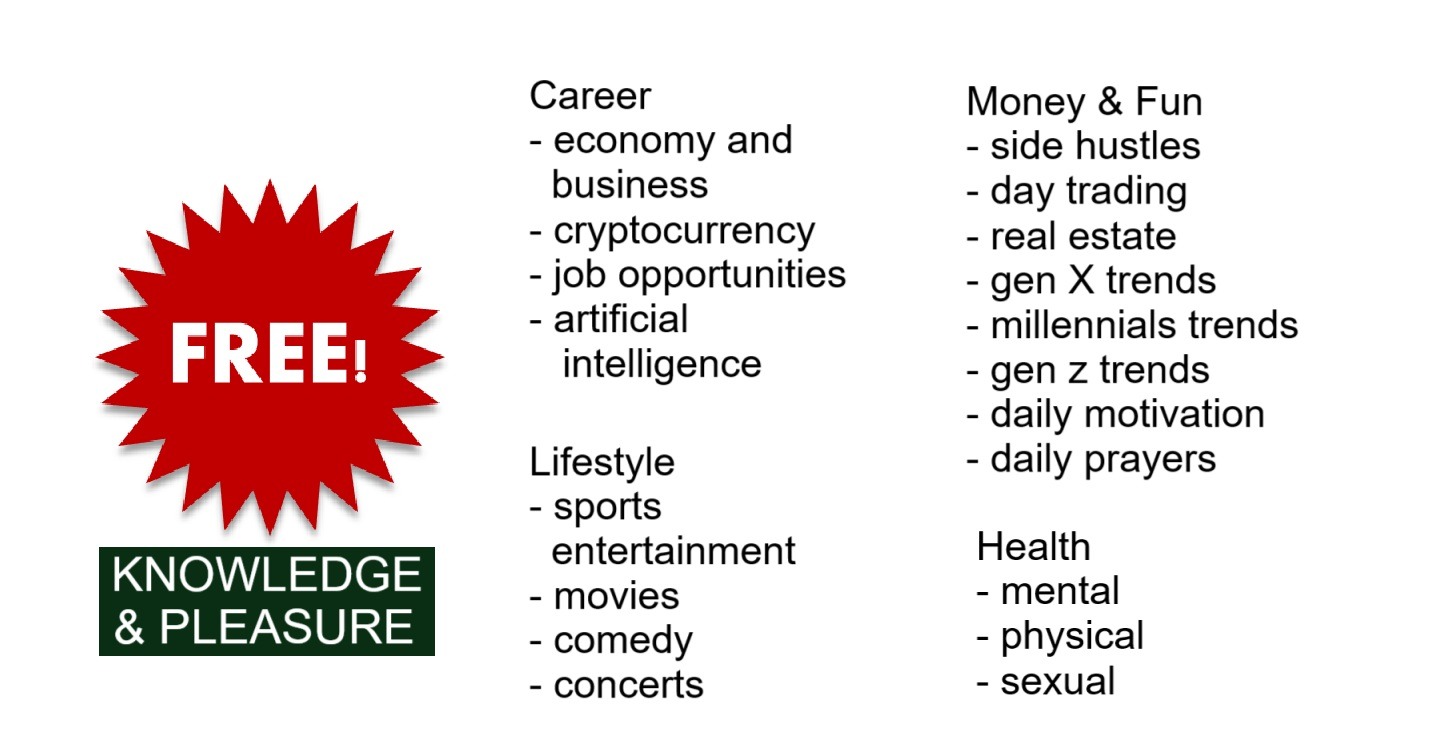Last Updated on April 22, 2025 by Royce Pierpont
I. Executive Summary
The accommodation industry is a critical sector that caters to the needs of travelers and tourists by providing a wide range of services, including lodging, food, and entertainment. This sales plan aims to provide a comprehensive roadmap for stakeholders in the accommodation industry, detailing effective strategies, tactics, and best practices for increasing sales and revenue. The plan is formal in tone, educational in purpose, and targets the general public, including business professionals and market researchers.
II. Industry Analysis
The accommodation industry has witnessed significant growth over the past few years, driven by increasing global tourism and the burgeoning sharing economy. The industry is highly competitive, featuring various players, including hotels, resorts, bed and breakfasts, vacation rentals, and hostels. Factors such as location, price, quality of service, and customer satisfaction significantly impact sales and revenue in the accommodation industry.
III. Target Market
The accommodation industry serves a diverse range of customers, including business travelers, tourists, families, couples, and solo adventurers. Understanding the unique needs and preferences of each segment is crucial for developing effective sales strategies. For instance, business travelers typically prioritize convenience, location, and amenities, while tourists often seek affordable options with a local flavor.
IV. Sales Objectives
- Increase sales revenue by 10% within the next 12 months.
- Boost occupancy rates by 5% within the next six months.
- Improve customer satisfaction ratings by 15% within the next year.
- Expand the customer base by 20% within the next 18 months.
- Enhance brand recognition and reputation within the target market.
V. Sales Strategies
- Competitive Pricing: Adopt a flexible pricing strategy that takes into account factors such as seasonality, demand, and competition. Offer discounts, promotions, and special packages to attract price-sensitive customers.
- Multi-Channel Marketing: Leverage various marketing channels, including social media, email marketing, search engine optimization (SEO), and online travel agencies (OTAs), to reach a broader audience and increase visibility.
- Personalized Customer Experience: Invest in customer relationship management (CRM) tools and processes to gather valuable customer insights, enabling personalized interactions, tailored offers, and targeted communications.
- Strategic Partnerships: Forge alliances with local businesses, tour operators, and event organizers to create mutually beneficial packages and promotions, driving cross-selling and upselling opportunities.
- Continuous Improvement: Regularly evaluate sales performance, identify areas for improvement, and implement data-driven adjustments to optimize sales strategies and tactics.
VI. Sales Tactics
- Implement a loyalty program that rewards repeat customers with exclusive discounts, perks, and privileges.
- Utilize user-generated content (UGC) and customer reviews to build trust and credibility, showcasing the quality of service and guest experiences.
- Offer value-added services, such as airport transfers, spa treatments, and activity bookings, to enhance the overall guest experience and generate additional revenue streams.
- Leverage data analytics to forecast demand trends, enabling proactive adjustments to pricing, inventory, and marketing efforts.
- Invest in staff training and development, ensuring that employees possess the necessary skills, knowledge, and attitude to deliver exceptional customer service and drive sales.
VII. Sales Metrics and KPIs
- Sales Revenue: Measure the total sales revenue generated by the accommodation business, comparing it against set targets and historical data to track progress and identify areas for improvement.
- Occupancy Rates: Monitor the percentage of rooms occupied over a specific period, setting benchmarks and targets to optimize capacity utilization and maximize revenue.
- Customer Satisfaction Ratings: Track customer satisfaction levels through surveys, reviews, and feedback, utilizing this data to inform sales strategies and enhance the overall guest experience.
- Customer Acquisition Cost (CAC): Calculate the cost associated with acquiring a new customer, comparing it against the lifetime value of that customer to ensure a positive return on investment (ROI).
- Conversion Rates: Measure the percentage of website visitors, leads, or inquiries that ultimately result in a sale, identifying opportunities to optimize the sales funnel and improve conversion rates.
VIII. Sales Challenges and Solutions
- Seasonality: Address fluctuations in demand by implementing dynamic pricing strategies, offering off-season promotions, and diversifying revenue streams through value-added services and strategic partnerships.
- Intense Competition: Differentiate the accommodation business through unique selling propositions (USPs), exceptional customer service, and targeted marketing efforts that resonate with the target audience.
- Online Travel Agencies (OTAs): Maintain a balance between direct bookings and OTA-generated bookings, leveraging OTAs for visibility while promoting direct bookings through loyalty programs, exclusive offers, and targeted marketing campaigns.
- Changing Customer Expectations: Stay abreast of emerging trends and evolving customer preferences, adapting sales strategies and offerings to meet their needs and exceed their expectations.
IX. Sales Budget and Resources
- Allocate resources towards marketing, technology, staff training, and customer engagement initiatives, ensuring that the sales budget aligns with overall business objectives and targets.
- Invest in sales automation tools, CRM systems, and data analytics platforms to streamline sales processes, enhance efficiency, and facilitate data-driven decision-making.
- Foster a sales-oriented culture that emphasizes continuous improvement, collaboration, and innovation, empowering employees to contribute to sales growth and revenue optimization.
X. Conclusion
A well-crafted sales plan is essential for success in the accommodation industry, providing a clear roadmap for driving sales growth, enhancing customer satisfaction, and improving overall business performance. By implementing the strategies, tactics, and best practices outlined in this plan, accommodation providers can effectively navigate the competitive landscape, achieve their sales objectives, and thrive in an ever-evolving market.









